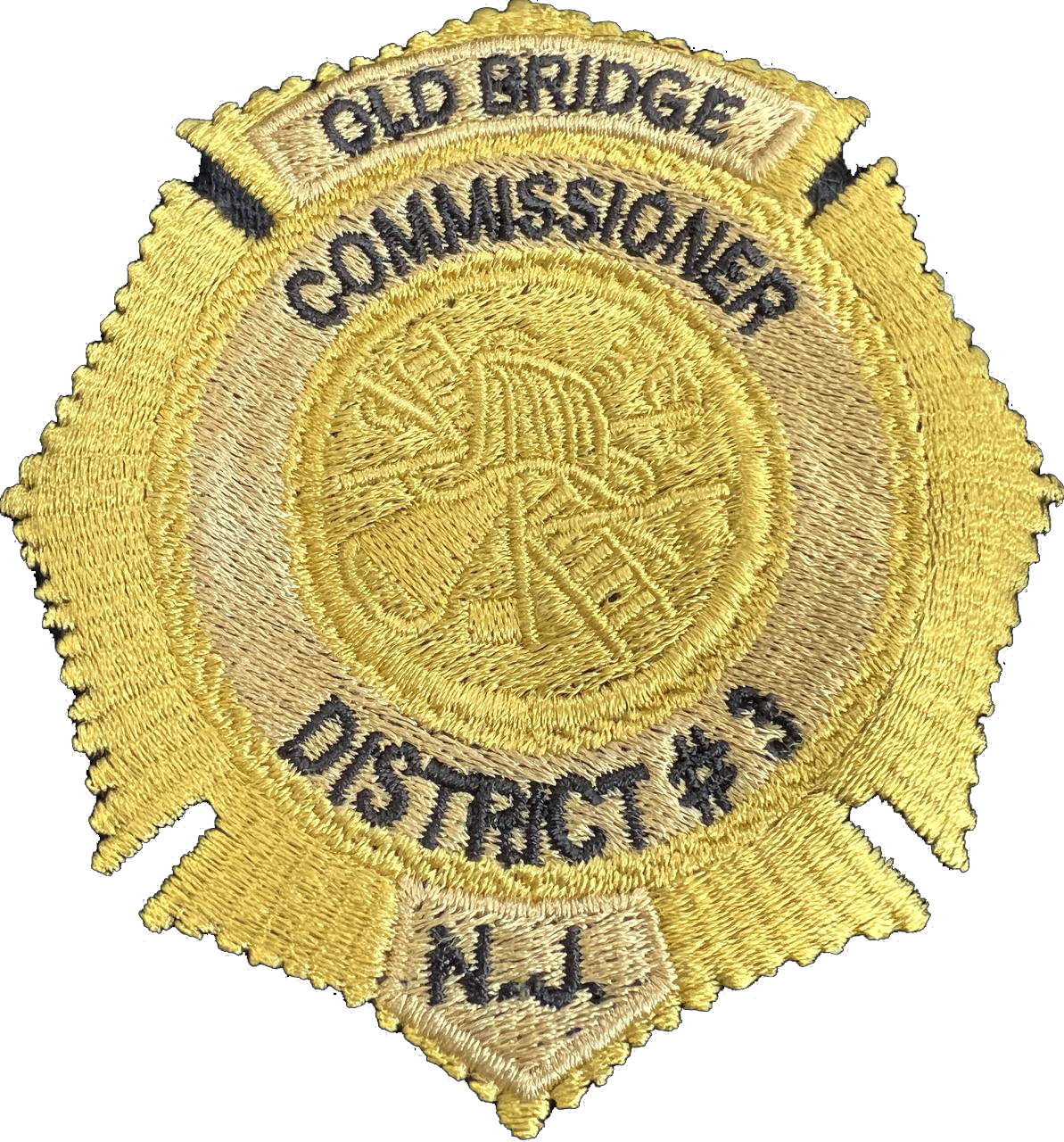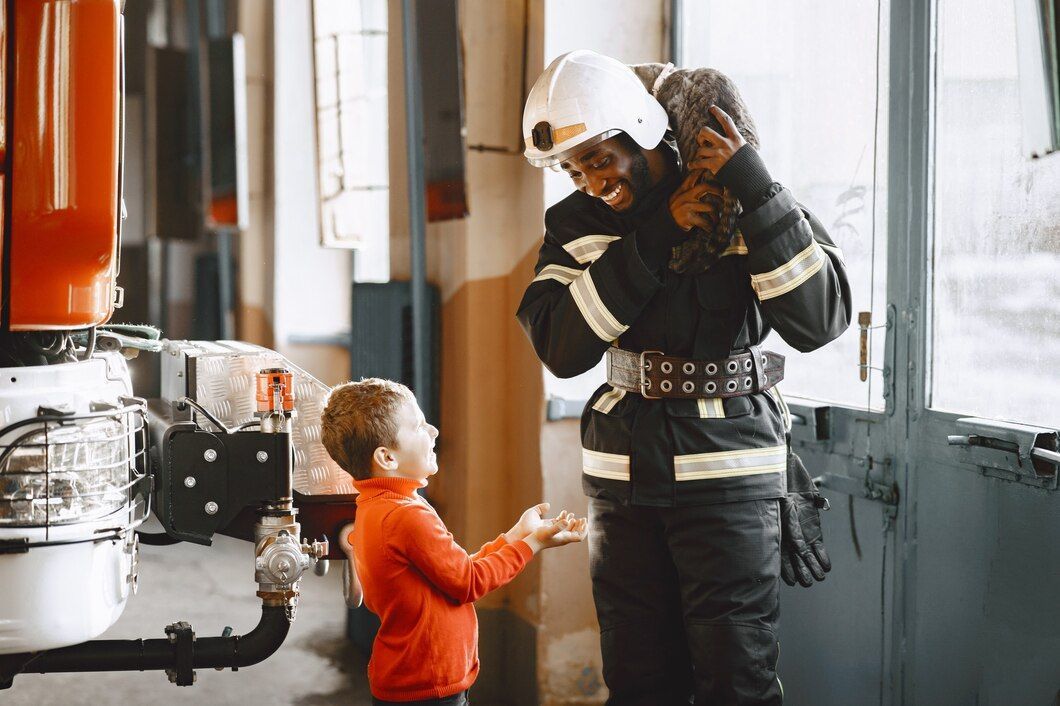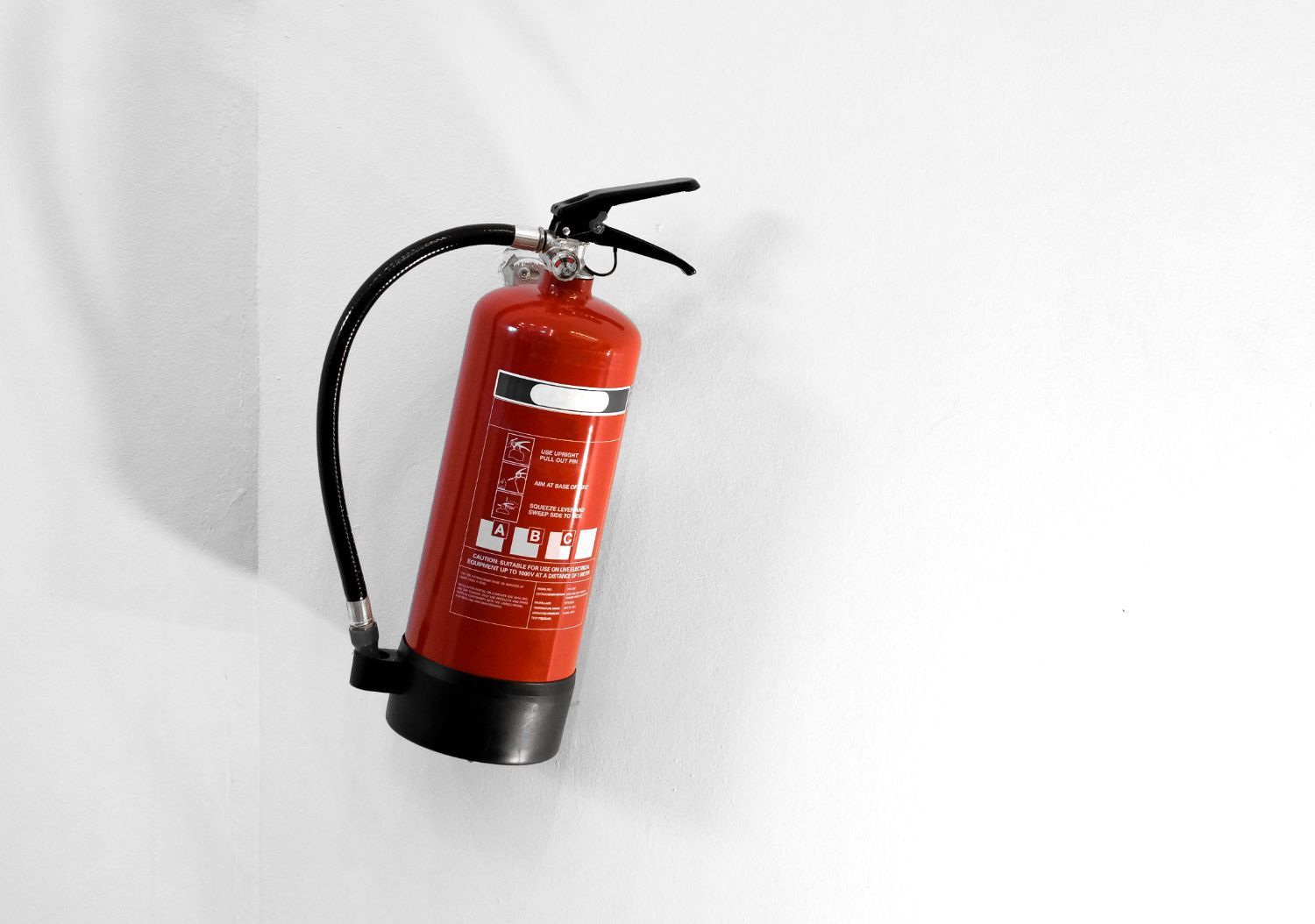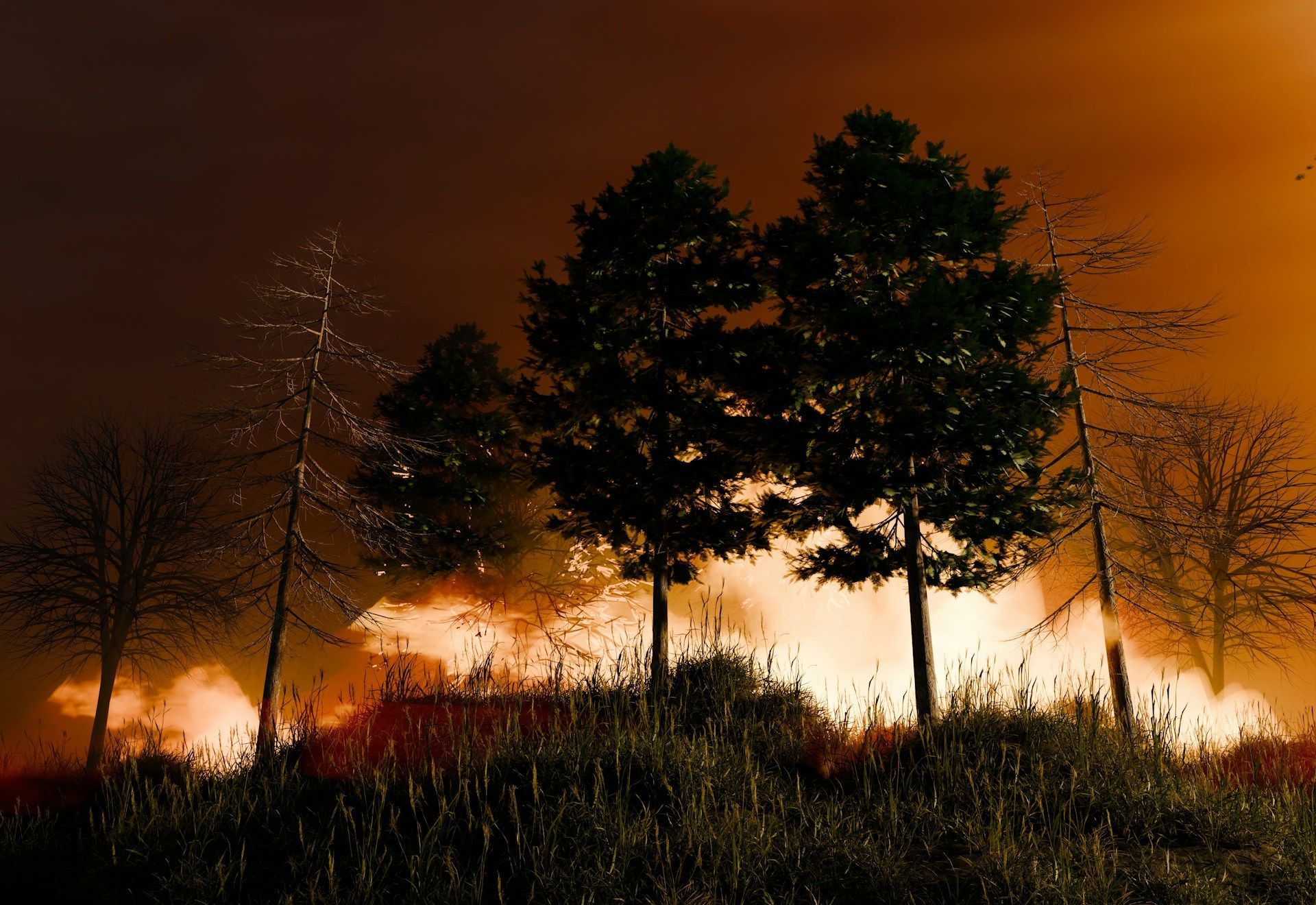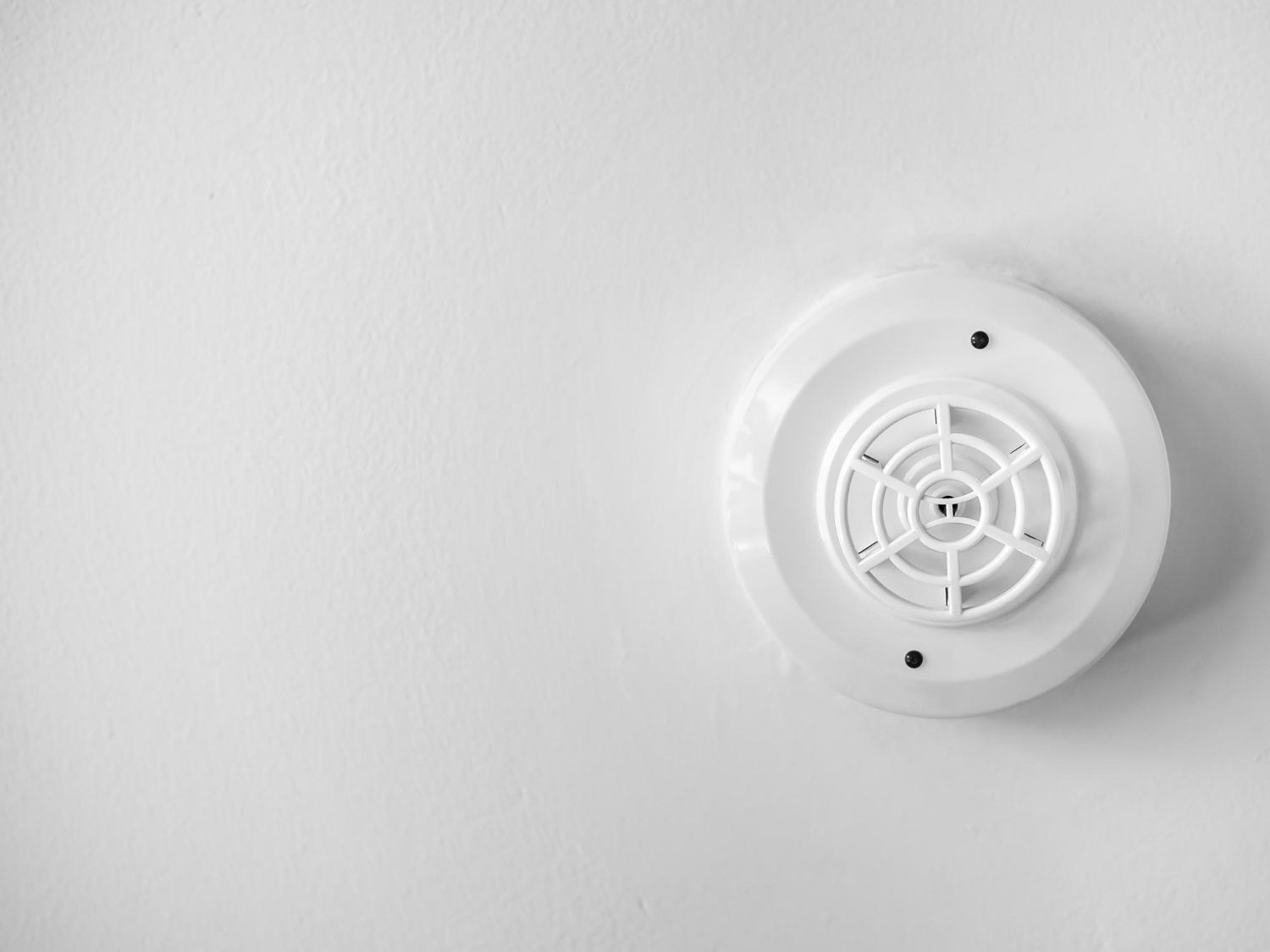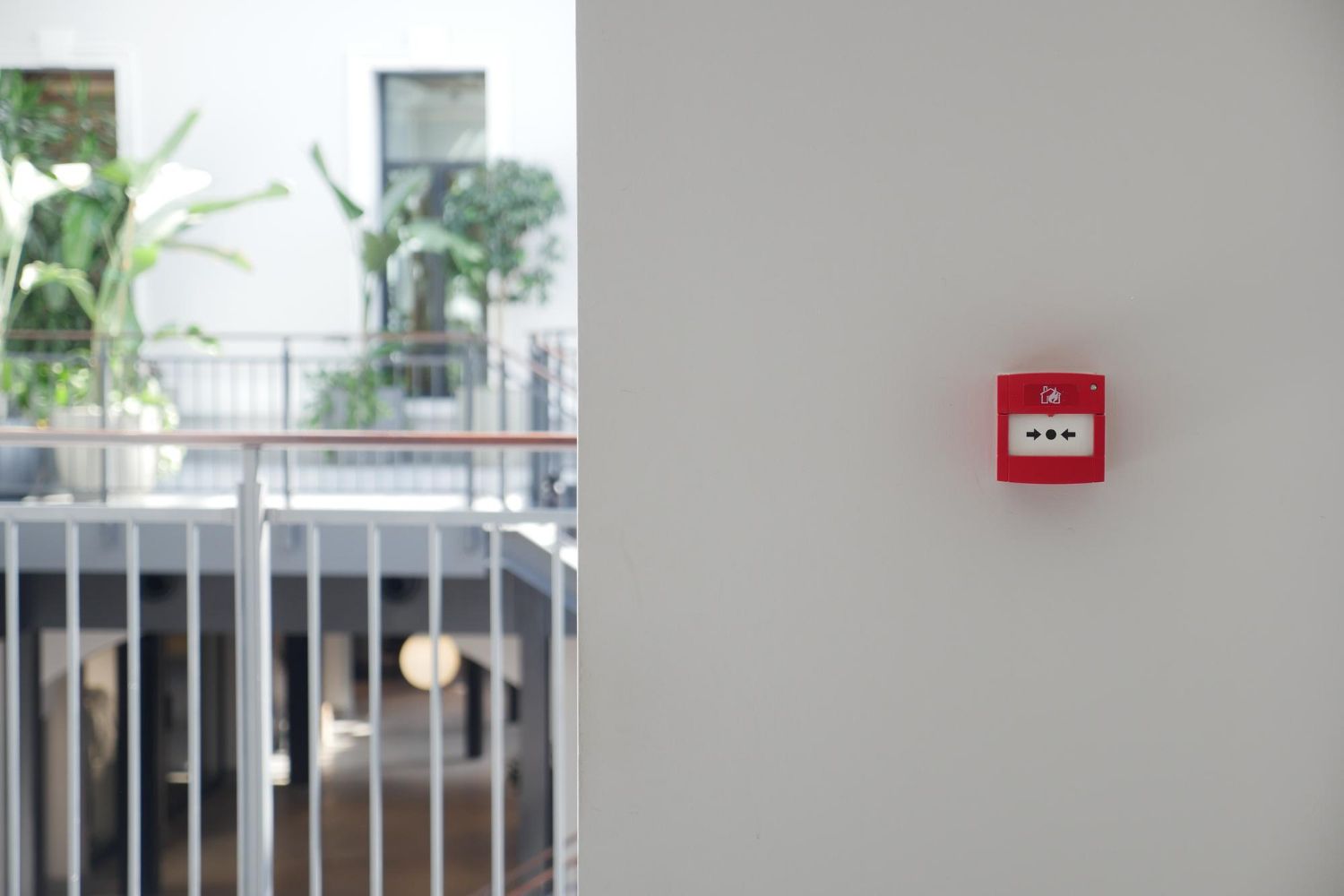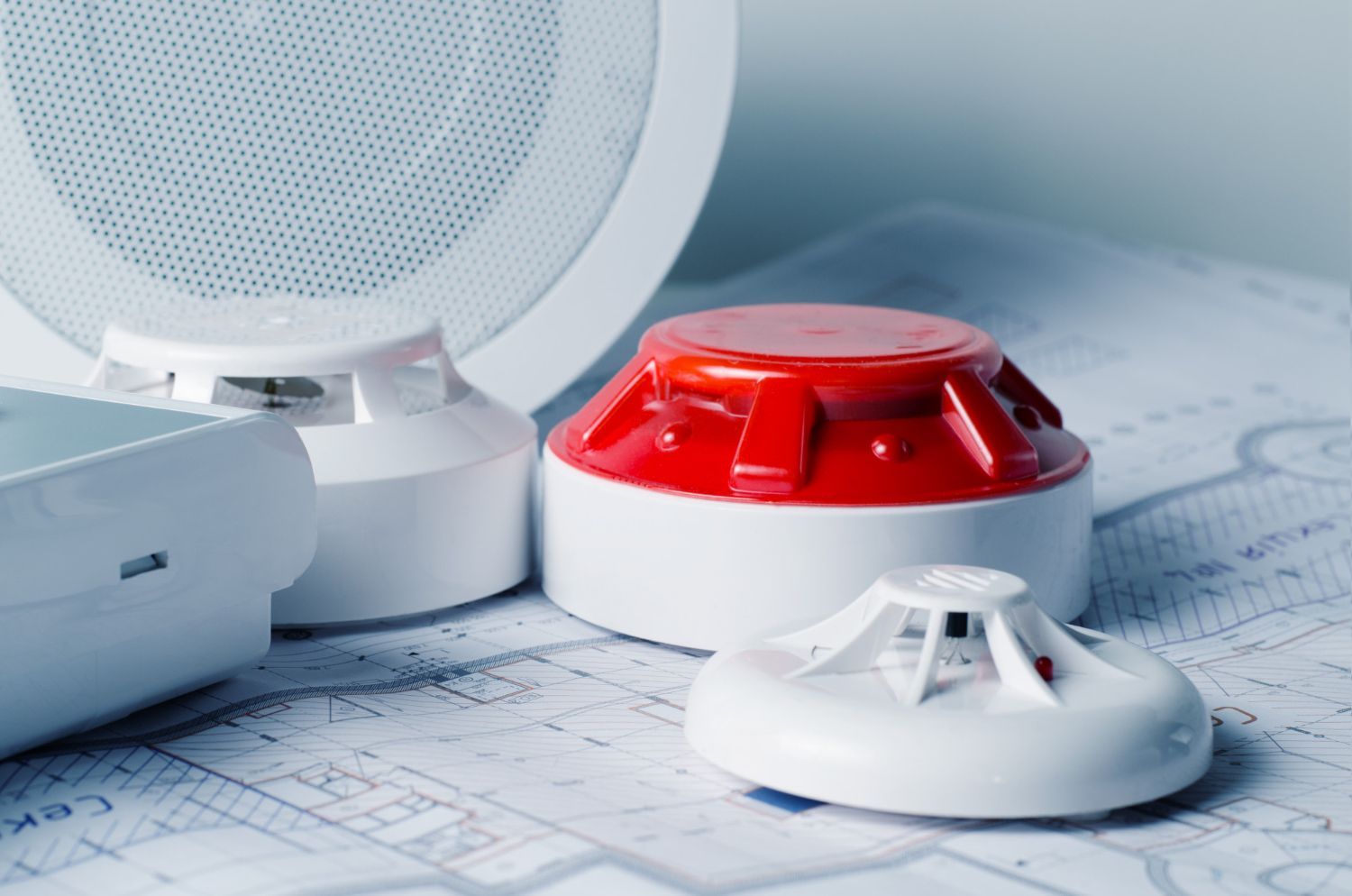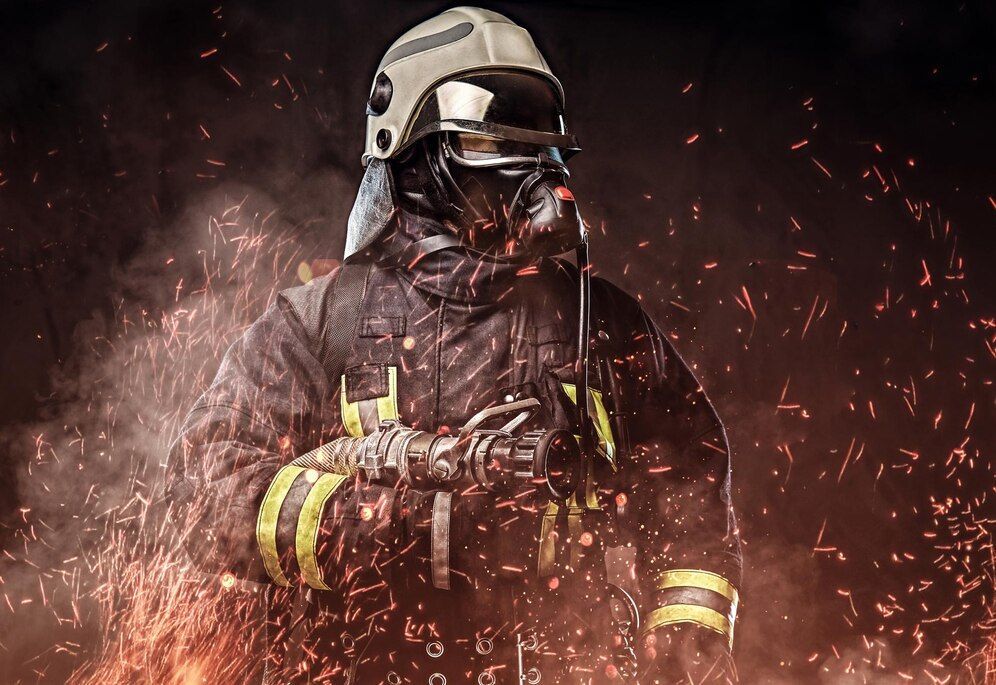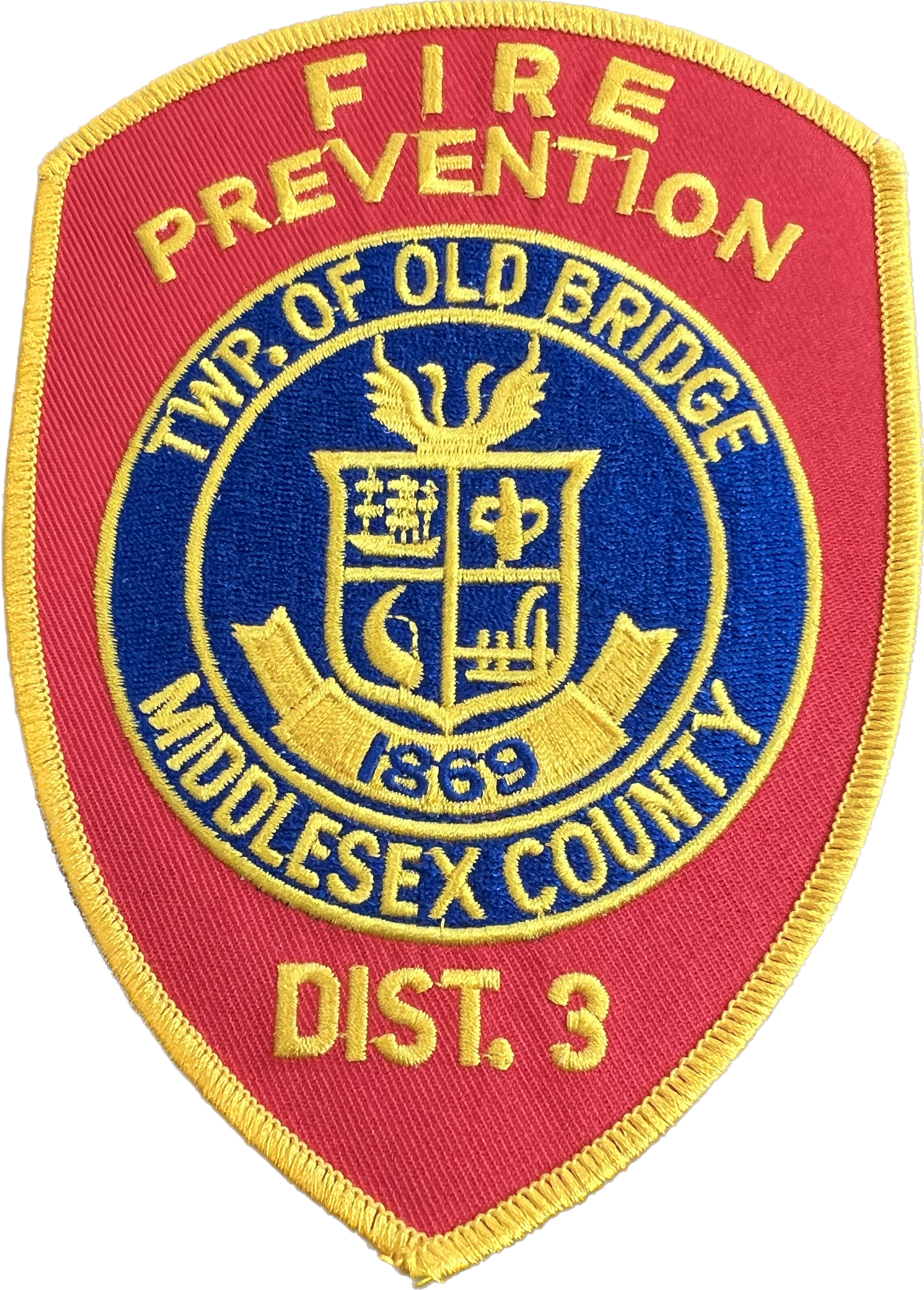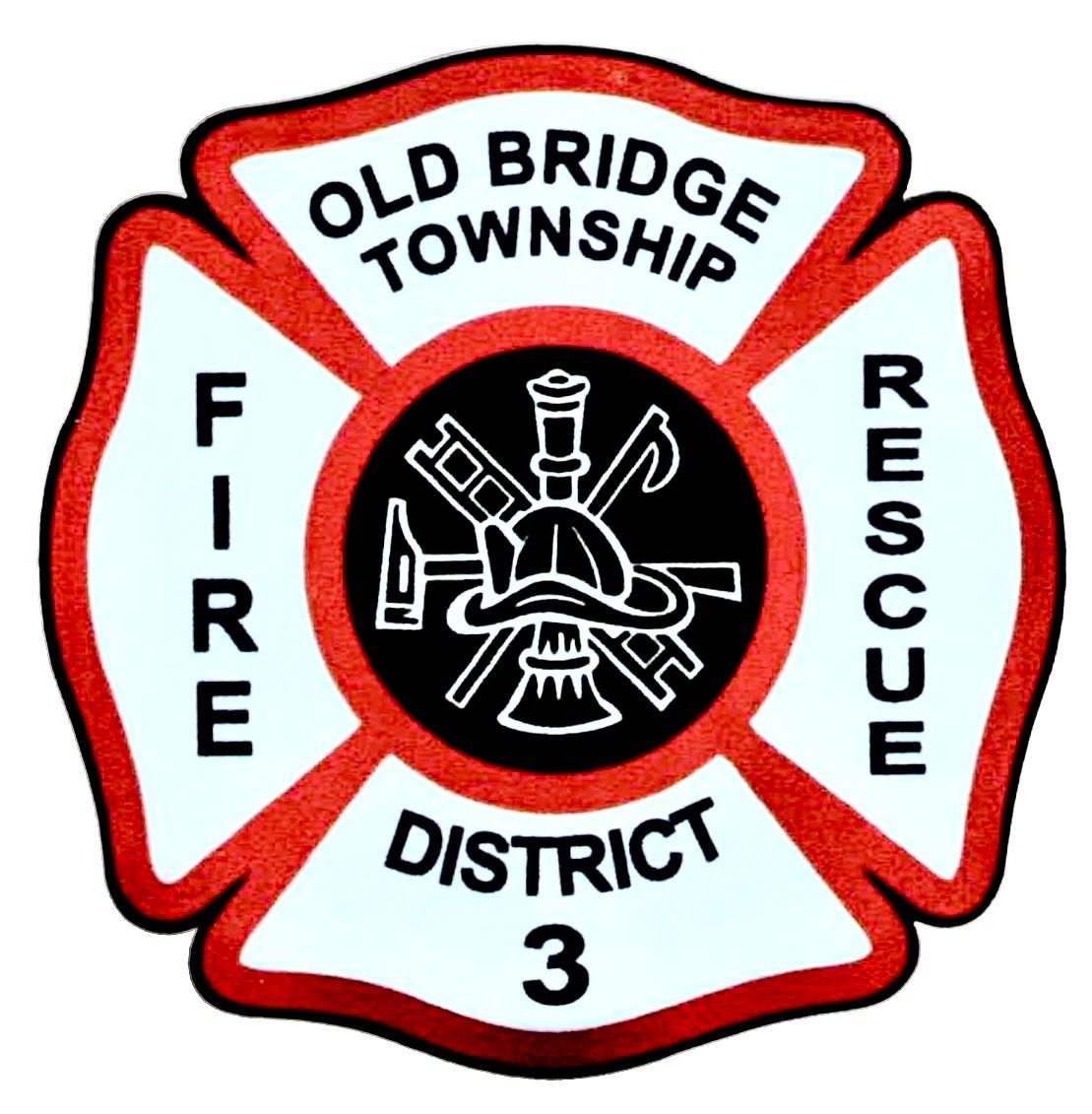Fire Safety for Senior Citizens: Essential Tips and Precautions for Caregivers
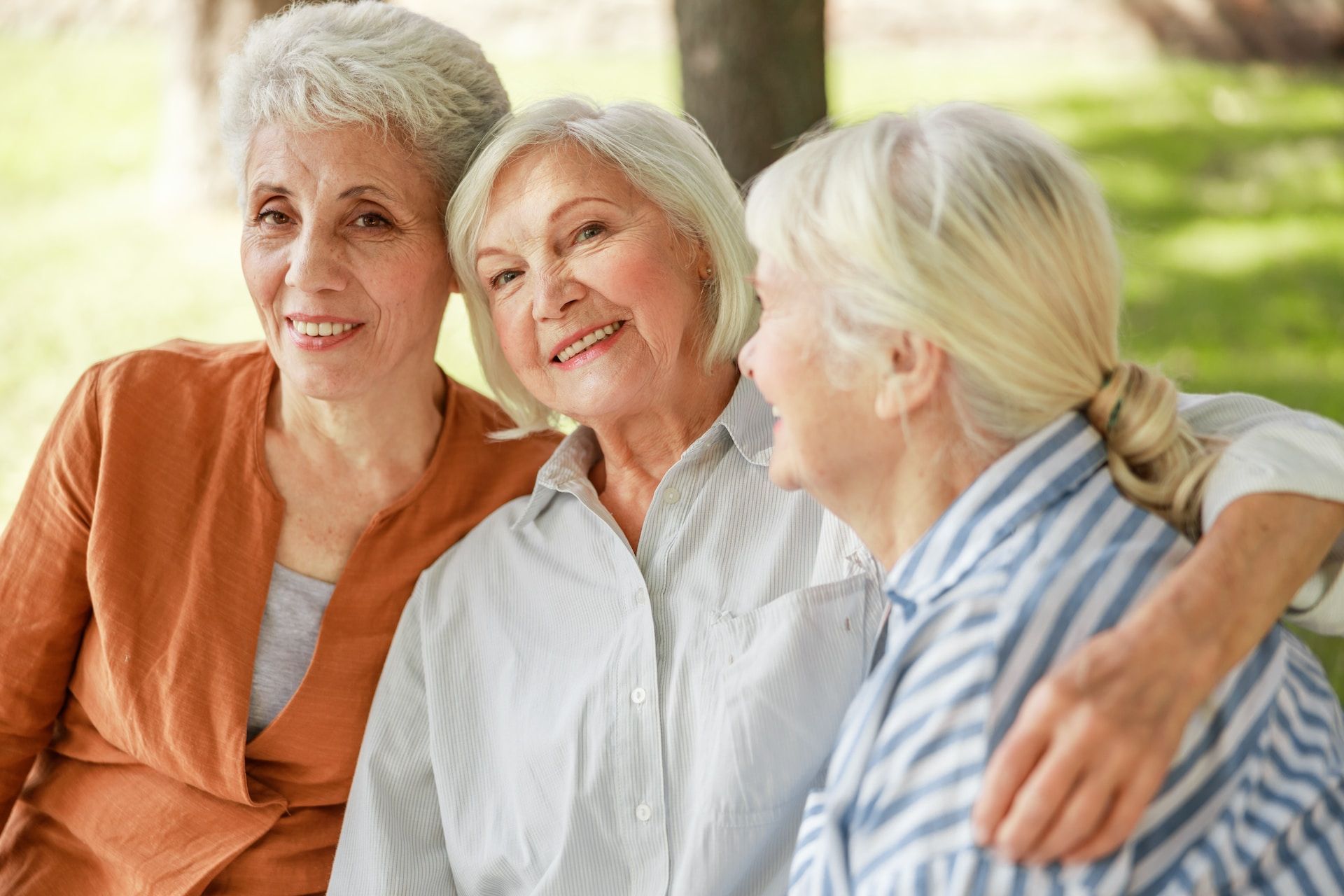
As family members and friends of senior citizens, we understand the importance of ensuring their safety and well-being. At Fire District 3, our commitment to providing fire protection to all citizens encompasses the unique considerations needed for elderly individuals in our community. By sharing knowledge on specific safeguards and fire safety measures directed towards senior citizens, we can help family members, caregivers, and older adults themselves take appropriate steps to minimize fire-related risks associated with aging.
In this informative guide, we will discuss crucial fire safety tips and precautions for elderly individuals, focusing on the unique challenges they may face. Covering essential topics such as smoke alarms, home modifications, emergency planning, and personal assistance devices, this resource will help inform and empower readers to take the necessary steps in ensuring their elderly loved ones live in a safe environment.
Together, we can create a community where senior citizens, their families, and caregivers have the knowledge and support needed to maintain a high standard of fire safety. By implementing these recommendations and sharing them with those around you, we contribute to the overall safety of our community, emphasizing the need for tailored safety measures in caring for our elderly population.
1. Smoke Alarms and Senior Citizens: Going the Extra Mile for Safety
Investing in appropriate smoke alarms and properly maintaining them is crucial in ensuring senior citizens have ample warning if a fire occurs:
- Adequate Coverage: Install smoke alarms inside and outside each sleeping area, and on every level of the home. Place additional alarms in areas frequented by elderly family members.
- Specialized Smoke Alarms: Consider purchasing smoke alarms designed for senior citizens, which include features such as strobe lights, vibrating devices, and lower-pitched alarm sounds for those with hearing impairments.
- Regular Maintenance: Test smoke alarms monthly, replace batteries at least once a year, and replace the entire unit every ten years. Involve elderly family members in maintenance tasks to promote awareness.
- Interconnected Alarms: Install interconnected smoke alarms, so when one alarm sounds, they all do. This provides seniors with additional warning and response time during an emergency.
2. Home Modifications for Enhanced Fire Safety
Implement proactive home modifications and arrangements to reduce fire hazards and increase senior citizens' safety:
- Clutter-Free Environment: Eliminate excessive clutter and create wide, clear pathways throughout the residence, ensuring easy navigation and escape during an emergency.
- Mobility Devices: Ensure walkers, canes, and wheelchairs are easily accessible, especially near sleeping areas.
- Nightlights: Install nightlights along the path from the bedroom to the nearest exit, aiding seniors in navigating the home during low-visibility situations.
- Cooking Safety: Equip kitchens with timers and automatic shut-off devices for appliances. Clearly label stove knobs and install stove guards to prevent unintended activation.
3. Personal Emergency Devices and Safety Equipment
Introduce safety devices that further assist seniors in case of fire emergencies:
- Personal Panic Button: Provide elderly relatives with personal panic buttons or medical alert systems they can wear, allowing them to call for help in an emergency.
- Fire Extinguishers: Install fire extinguishers in strategic locations throughout the home, particularly the kitchen and near heating sources. Familiarize seniors with their usage.
- Carbon Monoxide Detectors: Place carbon monoxide detectors near sleeping areas and on every floor of the home, ensuring early detection and reduced risk of accidental poisoning.
- Emergency Preparedness Kits: Prepare emergency kits containing vital documents, medications, extra eyeglasses, contact information, and essential supplies.
4. Customized Emergency Plans for Senior Citizens
Develop specialized emergency plans addressing elderly individuals' unique needs:
- Individualized Escape Plan: Create an escape plan considering seniors' limited mobility and potential obstacles, such as staircases. Designate exits that are easily usable by the elderly.
- Emergency Contacts: Compile a list of emergency numbers, including family members, caregivers, and doctors for seniors to reference during emergencies. Ensure the list is readily available and up to date.
- Fire Drill Routines: Regularly conduct fire drills with seniors and adjust the routine to their specific needs, incorporating appropriate mobility devices and assistance.
- Emergency Assistance Arrangements: Share escape plans with neighbors, friends, and family members who can assist seniors during an emergency when caregivers are unavailable.
Conclusion
Providing senior citizens with the best possible protection against fire hazards and emergencies relies on the concerted efforts of family members, caregivers, and the wider community. By understanding the unique challenges faced by elderly individuals, we can implement tailored approaches to address their needs effectively.
Investing in specialized smoke alarms, maintaining a fire-safe home environment, utilizing personal emergency devices, and creating customized emergency plans are essential steps in ensuring the safety of our senior population in Fire District 3. Contact Board of Fire Commissioners, Fire District 3, Township of Old Bridge to learn more about
fire department services.
